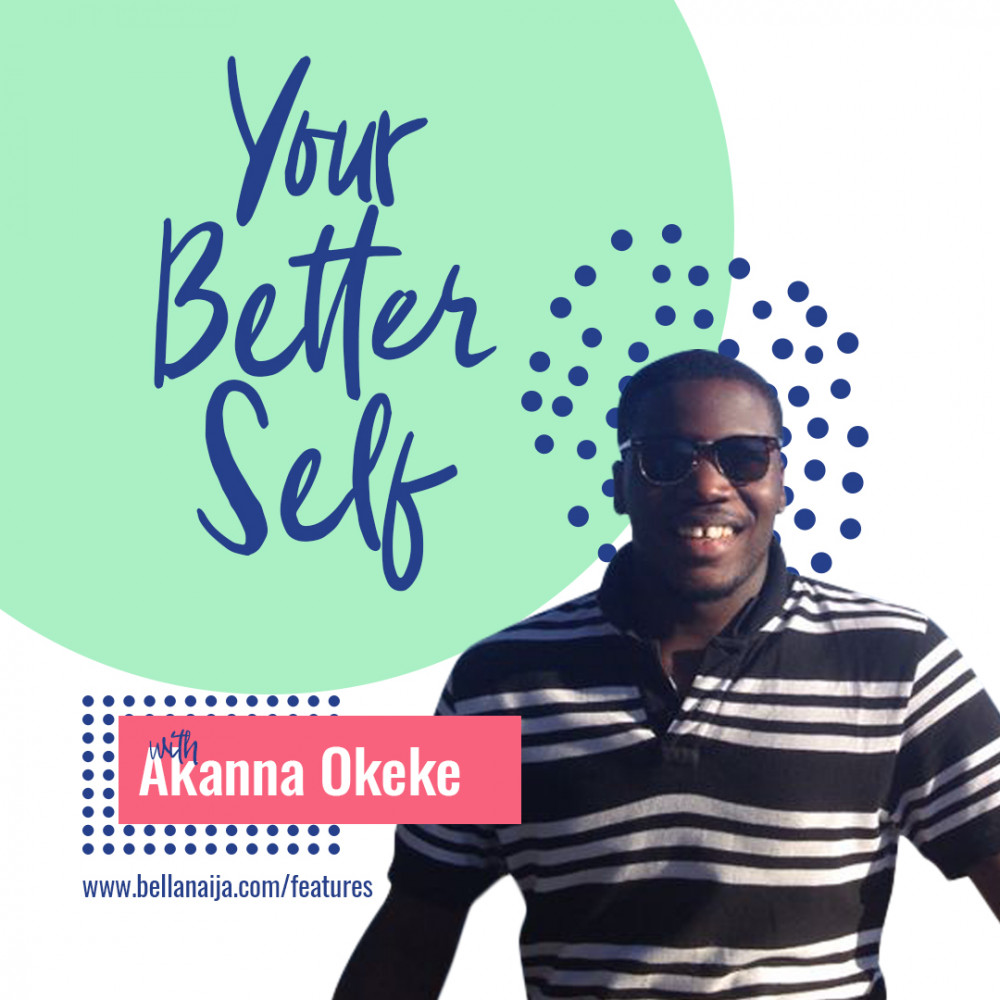Features
Your Better Self with Akanna: Think More, Feel Less
 You cannot have a long and deep conversation with your friends about the taste of egusi soup. You describe how it tastes to you; they verify that that’s exactly how it tastes to them too. End of conversation. Nothing more to talk about. You’ve all reached a conclusion, a quick agreement. No chance for stimulation, no room for the exchange of ideas. Well, that was pretty boring. I bet you won’t try it again.
You cannot have a long and deep conversation with your friends about the taste of egusi soup. You describe how it tastes to you; they verify that that’s exactly how it tastes to them too. End of conversation. Nothing more to talk about. You’ve all reached a conclusion, a quick agreement. No chance for stimulation, no room for the exchange of ideas. Well, that was pretty boring. I bet you won’t try it again.
Now, let’s change the topic of the conversation.
You and your friends have just seen the movie Titanic and you all gather again, but this time talk about the movie. You realize that, this time around, the conversation is longer and a little more stimulating. A few of you feel that the movie didn’t end well; in fact they cried. A few feel that it did, and “Who asked Jack to stay in the freezing water? After all, there was enough room for him and Rose to fit on the raft.”
The conversation is long alright, but it’s not that deep. You realize that most of it involves people remembering random scenes from the movie and repeating them back and forth to one another, filling in the blanks when someone forgets minute details here and there. No major takeaways, no intellectual stimulation. You just had a back and forth about the scenes, and relived the emotional experience of seeing your favourite movie, together. It felt good but that’s simply all it did – titillate your feelings.
Let’s change the topic of the conversation yet again.
This time, you and your friends are part of a book club and you all just read a book, which you’ve all gathered to discuss. Now this is the longest and most intellectually stimulating of the conversations so far. In fact, you had to cut it shorter for time so people could get home early and not be stuck in traffic.
Why was it so long? Well, right from the get-go, everyone seemed to have different ideas about what was written in the book. It’s not like the taste of egusi where there was a consensus. It’s not like the movie Titanic where everyone saw the same images.
Even the characters described in the book were imagined differently by each person to the extent that if a movie were made based on the book, almost nobody would agree that the actor cast for the role looked exactly like they had imagined while reading the book. In fact, it could cause massive revolts from fans, causing them to come up with hash tags such as #NotMyChristian. And that’s just for the characters.
What about the book’s interpretation? Well, it turns out that each person had a unique perspective on that too. Apparently, people interpret words differently than they interpret motion pictures. It turns out they do so based on their level of maturity at the time. If they read that same book some years later, they would have different takeaways than they did before; especially if they’ve personally developed since then.
So what then makes this conversation long, deep, interesting and intellectually stimulating even much more than the other previous ones? It’s because it’s done at the highest level of experiencing the world. There are 3 main ways to experience or relate with the world: through physical sensations, through emotions, and through ideas.
Tasting egusi soup is a physical sensation, so it’s no surprise that it doesn’t make for a long and interesting conversation. Everyone experiences physical sensations the same way, so nothing new to talk about there. Watching a movie evokes your emotions and, though described a little differently by people, emotions are still largely felt the same way by everyone; so not a lot to talk about there either. Reading a book, learning and thinking evoke ideas – sometimes, new ideas. And ideas are unique to each person. Everyone thinks of the world in their own unique way, that’s why it is interesting and intellectually stimulating to share ideas with people. Lots of new things to learn, just like in our book club setting.
You want to operate at this idea level more of the time. You want to do more of thinking, stimulating your mind; and less of feeling, stimulating your body and emotions. To get there means de-emphasizing those things in your life that pull you down towards your base self. Not getting rid of them entirely, mind you, but down-playing them. Instead, accentuate those things that pull you up towards your higher self, towards achieving your higher aspirations. From our conversation examples, we see that choosing to read books over watching TV helps us do that. That’s just one example.
There are other things too, which you know of, that can help you get to those higher aspirations of yours. It could simply be switching friends from those who teach you how to spend money to those who teach you how to make it. But you know what’s keeping you down, you know where it hurts. You can feel it. So why not decide to push it aside and embrace more of those things that help you to think more and feel less? You can identify them. You probably already have. All that’s left for you now is to close that wide gap between knowing and doing, which seems to be present in everybody’s lives. It will separate you from the masses, helping you to harness your uniqueness and use it to relate with the world while making it a better place!





















